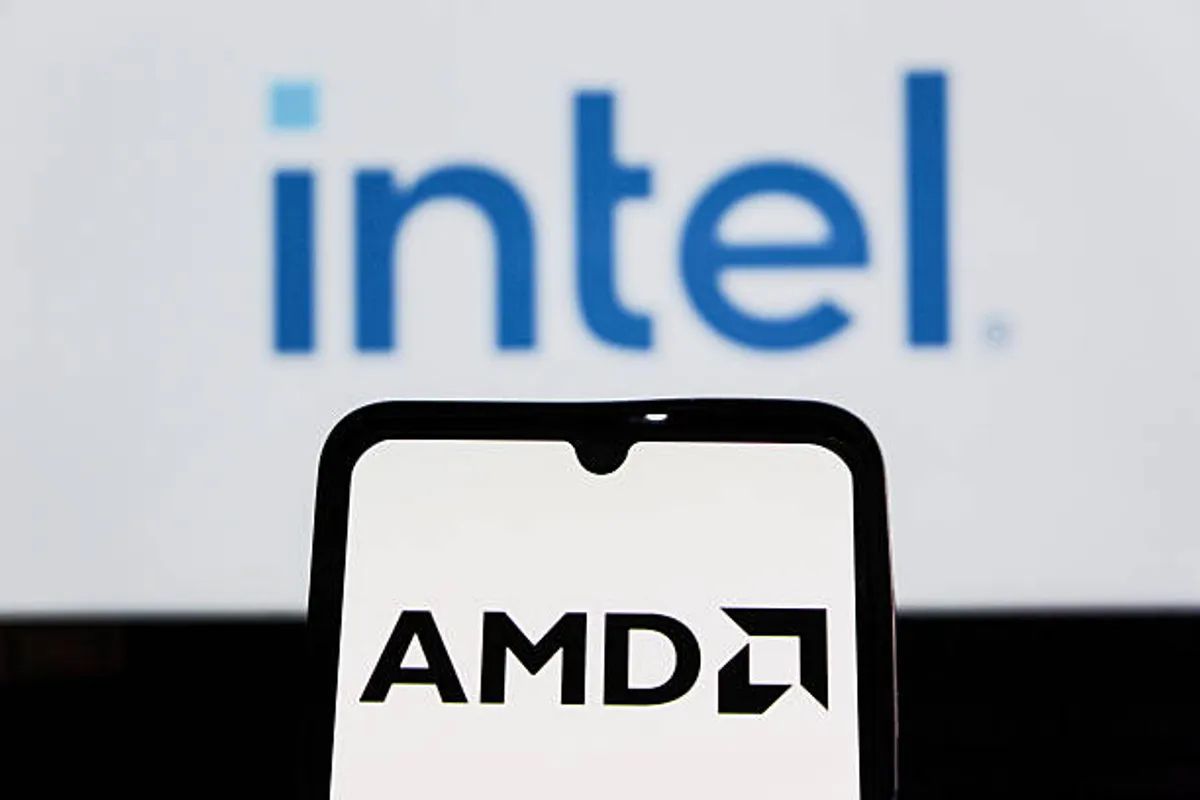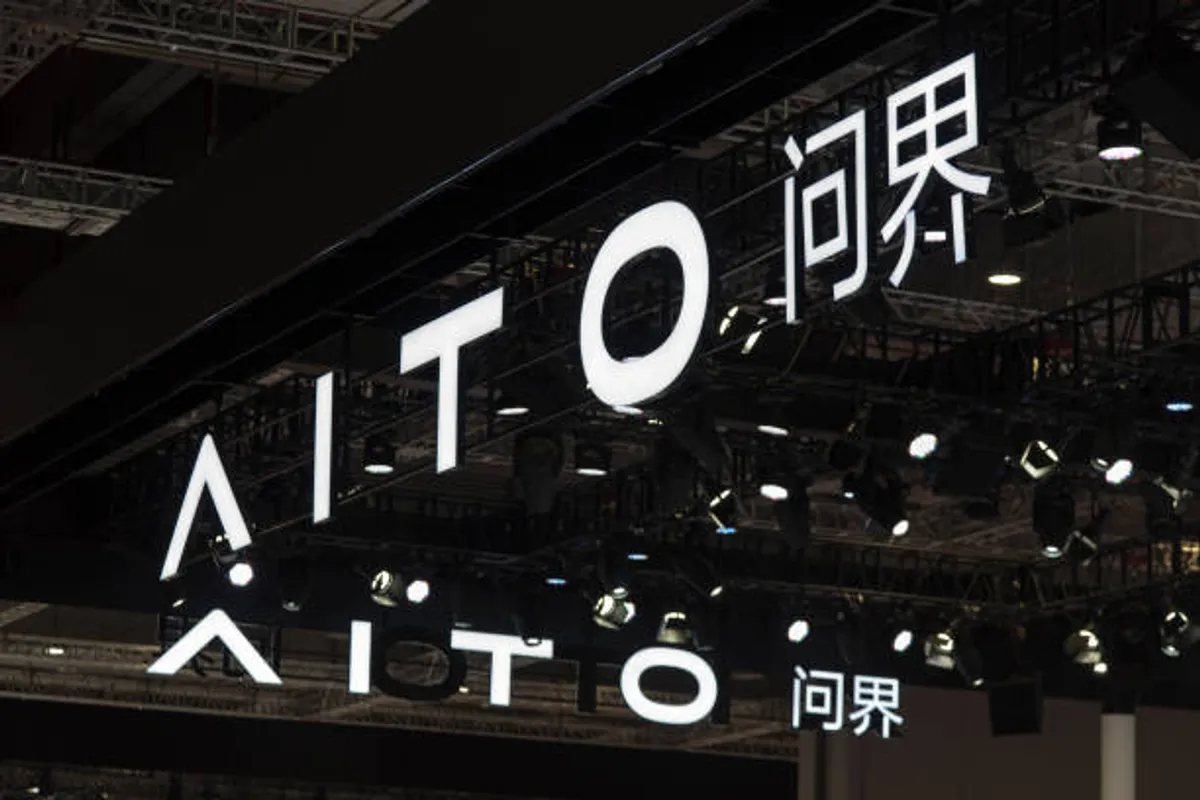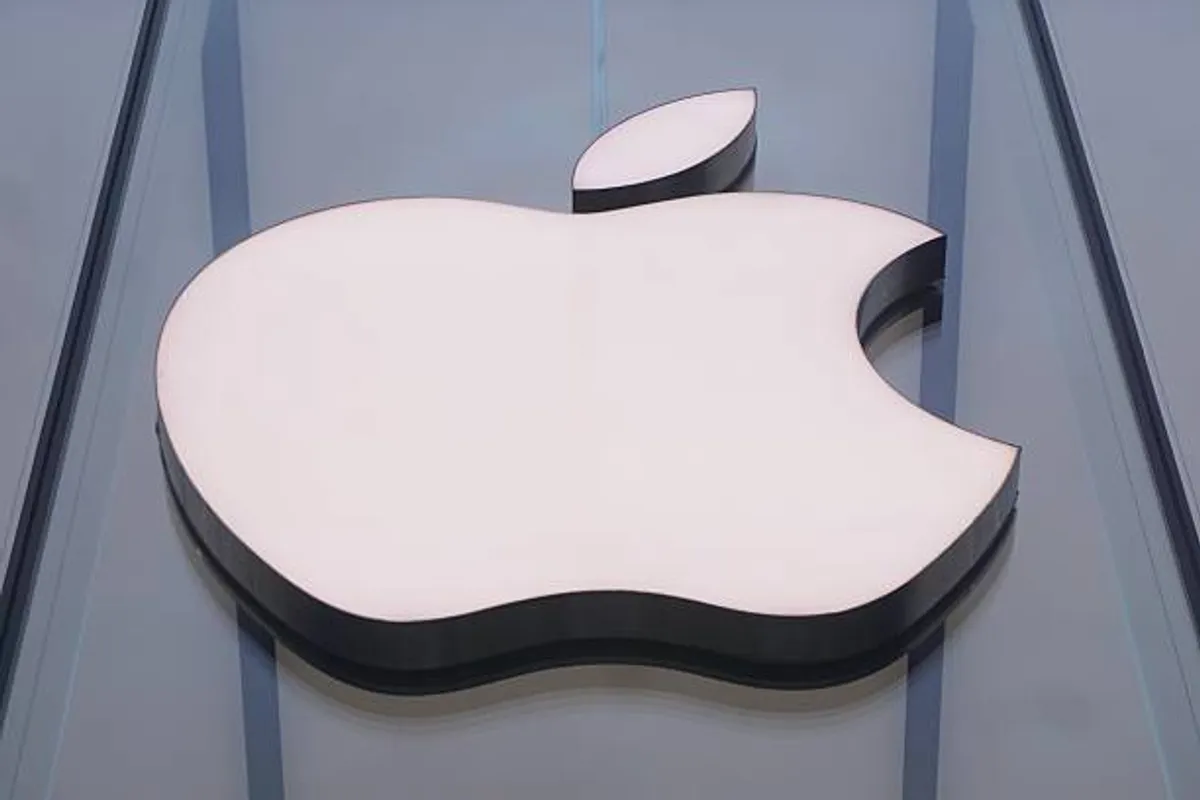NVIDIA CEO Says No Plans to Ship AI Chips to China as U.S.-China Tech Tensions Deepen

GeokHub

NVIDIA’s Chief Executive Officer Jensen Huang has confirmed that the company currently has no plans to ship its latest generation of AI chips to China, marking a major development in the ongoing tech standoff between Washington and Beijing.
Speaking during a visit to Taiwan, Huang said there are no active discussions underway regarding the export of the company’s new Blackwell-series AI processors to the Chinese market. He emphasized that China now holds “essentially zero market share” for NVIDIA’s most advanced data-center accelerators — a stark reflection of how export restrictions have reshaped the semiconductor landscape.
Huang noted that while NVIDIA would like to continue serving customers globally, U.S. trade regulations and China’s tightening domestic policies have created conditions where doing business has become increasingly impractical. “We’re not planning to ship anything there right now,” he said, signaling that any future engagement will depend largely on policy changes from Beijing.
The remarks come just days after Washington reaffirmed restrictions preventing the export of top-tier AI chips to China, part of broader efforts to limit the country’s access to cutting-edge semiconductor technology critical for artificial intelligence and advanced computing.
Analysis & Impact:
NVIDIA’s decision marks a defining moment in the global chip industry. Once one of the company’s largest markets, China’s exclusion from high-end GPU shipments could accelerate its drive toward homegrown semiconductor solutions, boosting domestic rivals like Huawei and Biren Technology.
For NVIDIA, the immediate impact may be limited by soaring demand elsewhere — particularly from U.S. cloud providers and AI startups — but the strategic loss of the Chinese market could reshape its long-term growth outlook.
Analysts believe this move underscores a broader geopolitical reality: the AI hardware race is no longer purely about innovation or competition but about national security and technological sovereignty. As trade controls deepen, global chip supply chains are being redrawn, forcing tech giants to adapt to a fragmented future.








